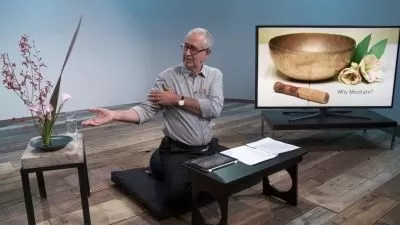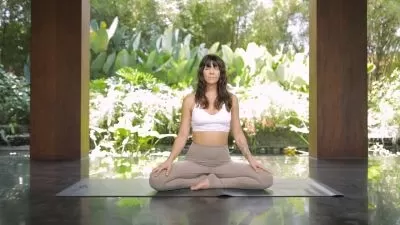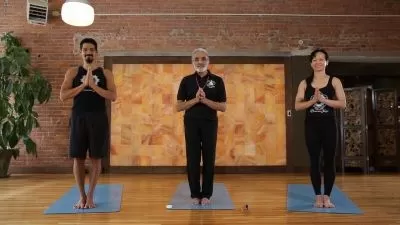About MeditationLearn More
Distractions are everywhere. Unchecked, they clutter our brain and confuse our thinking. Meditation is the practice of closing out this unnecessary mental chatter so that we are able to work better, focus more clearly, and find serenity.
Sort by:
Sorting
The newest
Most visited
Course time
Subtitle
Filtering
Courses
Subtitle

Udemy


Shining Mind
Change your mindset Toxic Thought Meditation Course 1:26:28
English subtitles
02/21/2024
Books
Frequently asked questions about Meditation
Meditation is a practice that works directly with the mind and mental faculties and is a feature of many different spiritual and religious traditions. It is an ancient practice universally practiced across many traditions. But still, scholars have trouble defining it since the specifics of technique and intention can vary according to and within traditions. However, meditation is generally used in spiritual or religious practice to calm the mind, bring clarity, and cultivate attention and awareness. Associated mostly with Eastern religious and spiritual traditions such as yoga, Buddhism, and Hinduism, meditative and contemplative practices are also found in the Abrahamic religions, Pagan traditions, and spiritual systems indigenous to the Americas. Meditation practices have also been adapted by modern Western culture as a tool for wellness, well-being, and spirituality.
The most popular form of meditation practiced in the west is mindfulness meditation. With its roots in Buddhist styles of meditation, mindfulness meditation encourages the practitioner to sit quietly and observe their thoughts, feelings, and emotions as they pass through the mind without judging or involving oneself in the patterns. This form of meditation is easy to practice alone without the guidance of a teacher. Yogic meditation is another popular form of meditation that is based on the ancient practices of yoga. By making the mind one-pointed and concentrated, the practitioner uses yogic meditation techniques to realize the true eternal self. Meditation is one of the “eight limbs,” or eight parts, of Patanjali’s Ashtanga Yoga system as outlined in his classic yogic text “The Yoga Sutras.” Other forms of popular meditation, though not necessarily traditional, are transcendental meditation, loving-kindness meditation, vipassana meditation, and mantra meditation.
Toted by some as a panacea for all ailments, meditation may have measurable benefits for the mind, body, and soul. Those who practice report reduced stress, anxiety, depression, and pain, as well as enhanced overall peace, well-being, perception, clarity, centeredness, and relationship to the self. Medically, meditation is believed to lower blood pressure, improve neurological and cardiovascular health, regulate the nervous system, and improve sleep. Meditation may also enhance an overall sense of spiritual well-being and harmony in the practitioner. Panacea or not, meditation certainly does offer many benefits on physical, emotional, mental, and spiritual levels.























